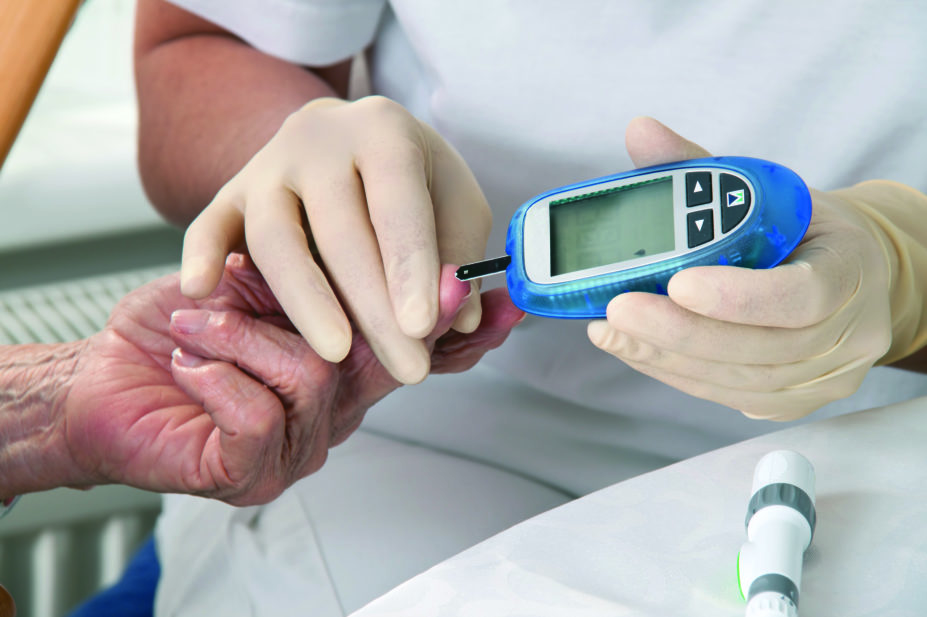
Shutterstock.com
Case reports have indicated that initiation of sodium-glucose cotransporter 2 (SGLT2) inhibitors for type 2 diabetes may cause diabetic ketoacidosis, which led to a warning from the US Food and Drug Administration in May 2015.
In a new study published in The New England Journal of Medicine
[1]
(online, 8 June 2017), researchers used insurance claims data from the United States to compare 50,220 patients who had just started taking an SGLT2 inhibitor with 90,132 who had just started taking a dipeptidyl peptidase-4 (DPP4) inhibitor.
They found that the risk of diabetic ketoacidosis by day 180 was double in patients who initiated SGLT2 inhibitors compared with those who received DPP4 inhibitors, at a rate of 4.9 versus 2.3 events per 1,000 person-years (hazard ratio 2.1; 95% confidence interval [CI] 1.5 to 2.9).
Diabetic ketoacidosis should be considered both at the time of prescribing and if patients present with potential symptoms during treatment, the authors conclude.
References
[1] Fralick M, Schneeweiss S, Patorno E. Risk of diabetic ketoacidosis after initiation of an SGLT2 inhibitor. N Engl J Med 2017. doi: 10.1056/NEJMc1701990


